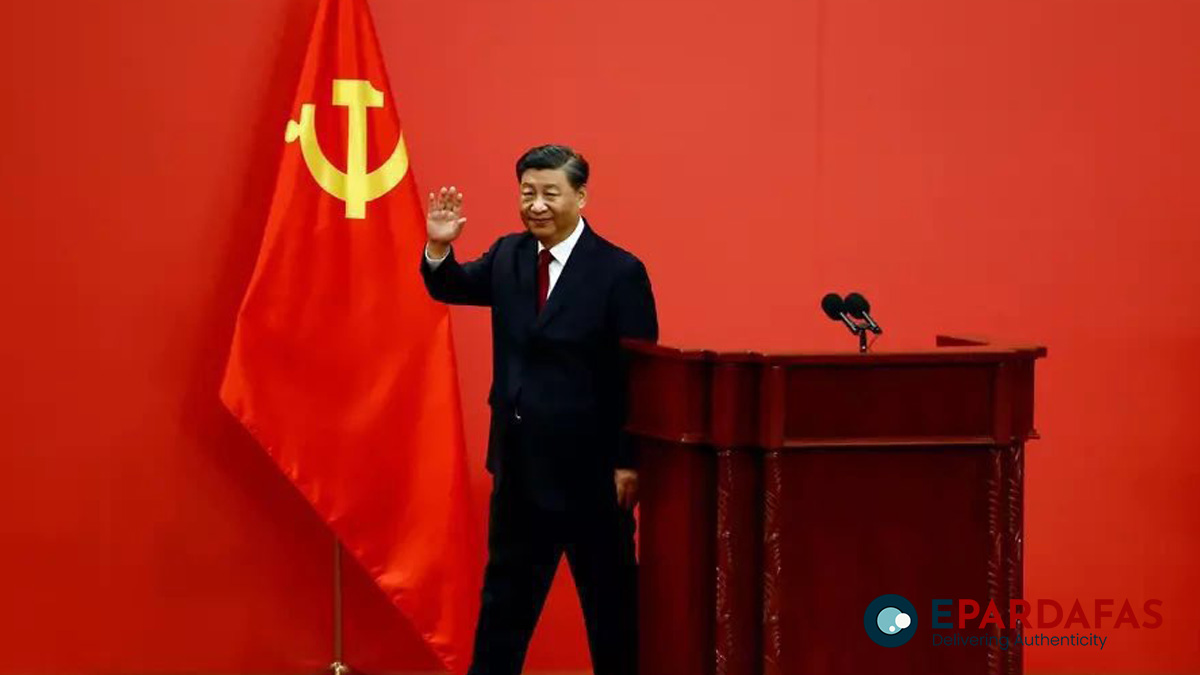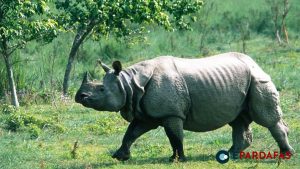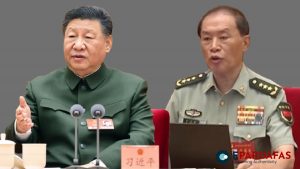
China’s Leadership Dilemma: The Missing Generation of Future Leaders
For decades, China has followed a meticulous process of grooming its next generation of leaders, ensuring a steady transfer of power to younger, well-prepared officials. This was a legacy of Deng Xiaoping’s leadership model, aimed at regular and systematic leadership renewal. But under Xi Jinping, this practice is undergoing a significant shift, raising concerns about the future of China’s leadership and political stability.
The Evolution of Leadership Generations
Since the 1990s, each generation of Chinese leadership has typically aligned with the decade of their birth. The fourth generation of leaders, born in the 1940s, was followed by the fifth generation, born in the 1950s, with each group assuming power in their late 50s and serving until their late 60s. A sixth generation, born in the 1960s, was expected to take over in 2022, continuing this orderly transition of power.
However, Xi Jinping has upended this pattern by removing the informal retirement age of 68 for top leaders, enabling him to remain in power beyond the expected term limits. This change has effectively sidelined the sixth generation of leaders, leaving the once-prepared cohort without a clear path to ascend to the highest ranks.
The Uncertain Future of the Seventh Generation
Under normal circumstances, the seventh generation of leaders, born in the 1970s, would be expected to rise to prominence in the 2032 Party Congress, when Xi will turn 79. However, nearly two years after the 20th Central Committee elections in 2022, there are no signs of this generation being groomed for leadership, unlike their predecessors.
For example, previous leaders like Hu Jintao and Wen Jiabao joined the Central Committee at least 15 years before reaching top leadership roles, giving them ample time to gain experience in critical government and party positions. By contrast, no politician born in the 1970s is currently a full member of the Central Committee, and none have reached the key roles of governor or provincial party chief, positions that would typically prepare them for higher office.
In the 2002 Party Congress, Xi Jinping had already served as governor of Fujian and later as the party secretary of Zhejiang, demonstrating a clear path of leadership preparation. The same was true for former Premier Li Keqiang, who had completed a four-year term as governor of Henan before moving up the ranks. The current absence of seventh-generation leaders in comparable roles raises questions about the future of China’s leadership and its capacity to maintain stability.
The Risk of an Aging Leadership
The current leadership trajectory suggests that China may face a future with an aging leadership. By 2032, the seventh-generation leaders will lack the experience and public profiles needed for effective governance. If this trend continues, China’s leadership could mirror the Soviet Union’s leadership in the 1980s, when aged leaders clung to power, stifling reform and adaptability.
In 2002, five members of the Politburo Standing Committee were born in the 1940s, signaling a generational shift. By 2012, two were from the 1950s. In 2022, only one leader was born in the 1960s, and by 2032, it is plausible that no leaders born in the 1970s will hold top positions. This could leave China governed by a group of leaders in their 70s and 80s, with limited capacity for innovation and adaptability.
The Consequences of Skipping a Generation
Promoting younger leaders from the 1970s generation to provincial leadership roles would not threaten the current leadership, and they could still be groomed for vice-premier or senior ministerial positions. However, the party’s apparent reluctance to prepare younger leaders for higher office suggests a bottleneck that could have profound long-term consequences. If leaders from the 1970s remain stuck in deputy-provincial roles, they will not have the necessary experience by 2032, further perpetuating the cycle of aging leadership.
This bottleneck is particularly concerning because China’s leadership over the next two decades will face immense challenges. Rapid technological advancements, shifting global dynamics, and domestic economic pressures demand leaders who are not only experienced but also adaptable, open to change, and well-versed in modern technologies and global trends. These qualities may be harder to find in leaders from older generations.
Xi’s Legacy and the Future
Xi Jinping’s consolidation of power may have postponed China’s leadership transition, but it has also created a void in the party’s succession planning. By not grooming the seventh generation, Xi’s leadership model risks leaving China without the necessary talent pool to effectively govern beyond 2032. While some vice-premiers from the 1970s generation may eventually rise to power, their limited experience could hinder their effectiveness in managing a country as complex and dynamic as China.
Moreover, the reliance on older leaders could undermine China’s political stability and development. Without a clear and well-prepared succession plan, China may face leadership challenges that echo the Soviet Union’s difficulties in the 1980s. The leadership vacuum could also affect China’s ability to respond to internal and external pressures, from managing economic reforms to navigating geopolitical tensions.
Conclusion
As Xi Jinping continues to centralize power, China’s leadership future becomes increasingly uncertain. The sidelining of the sixth generation and the absence of grooming for the seventh generation leave a gap in the country’s leadership pipeline. While older leaders may maintain stability in the short term, the long-term consequences of an aging leadership could hinder China’s ability to adapt to new global realities. The coming decade will reveal whether China can balance continuity with the need for fresh, dynamic leadership to steer the country through its next phase of development.













Comments